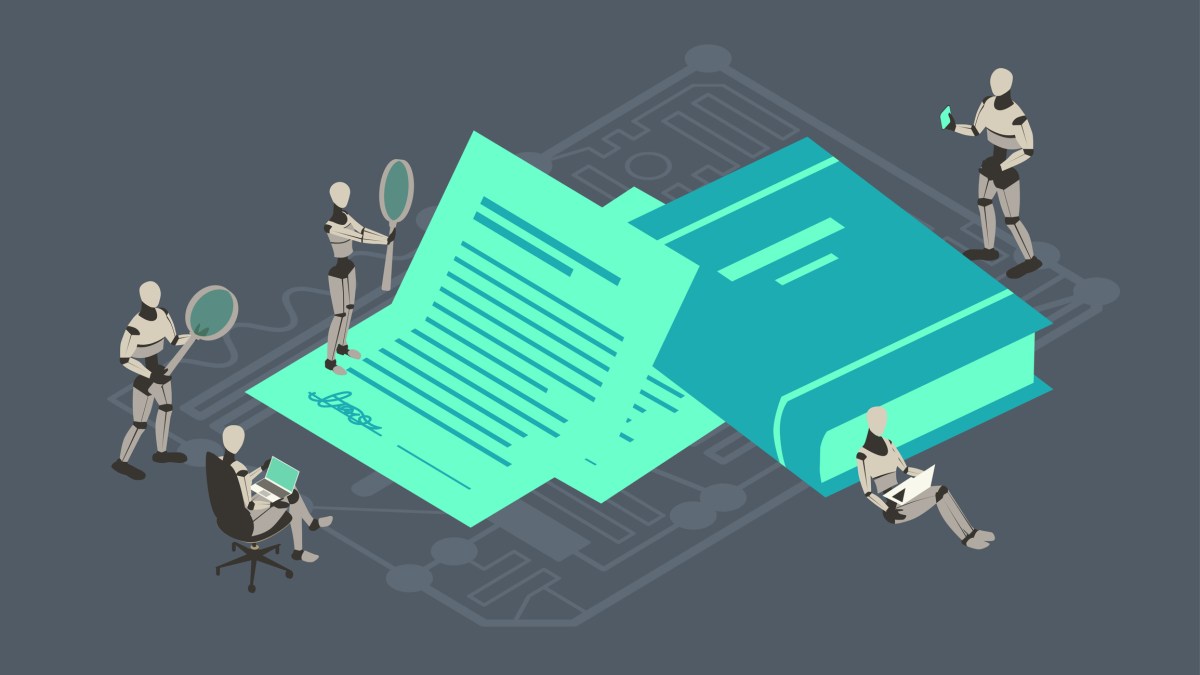Cybersecurity for MSMEs: A Growing Concern
Micro, Small, and Medium Enterprises (MSMEs) are increasingly becoming targets for cyber threats due to their less sophisticated security systems. India ranked as the second most targeted nation globally for cyberattacks in 2024, with 95 entities falling victim to data theft. Today, 46% of cyber breaches target businesses with less than 1000 employees, as the absence of required awareness and lack of priority on cybersecurity make these MSMEs soft targets.
One small system interference can weaken the internal firewall and has the potential to cause severe financial losses and reputational damage. Despite these consequences, many MSMEs struggle to prioritize cybersecurity and think of it as an afterthought, due to reasons such as budget constraints and limited technical knowledge.
Practical and Cost-Effective Steps for MSMEs
Here are some practical and cost-effective steps MSMEs can take to protect themselves:
- Basic Cyber Hygiene: Use complex, unique passwords, enable MFA (multi-factor authentication) on all systems, especially email and financial platforms. Regularly update all software, including antivirus and firewalls.
- Employee Training: Launch awareness programs to teach employees how to identify phishing emails, suspicious links, and scams. Run periodic tests or certifications to assess employee readiness and reinforce learning.
- Backup Strategy: Maintain regular, encrypted backups of critical data and ensure offline storage on separate secure servers to protect from ransomware.
- Secure Infrastructure: Use reputable antivirus, firewalls on all devices, and isolate critical systems from general business networks.
- Trusted Vendors & Tools: Use cloud services offered by reputable cloud vendors with strong security practices and evaluate the cybersecurity posture of vendors and partners.
- Policy and Compliance: Create clear policies for handling data, devices, and internet use, and ensure compliance with external rules and guidelines such as GDPR and India’s DPDP Act.
- Regular Audits: Conduct frequent security audits to identify outdated systems, unpatched software, and other vulnerabilities that hackers could exploit.
- Incident Response Plan: Have a cybersecurity incident response plan in place that details the necessary steps to manage a security breach.
- Keep Upgrading: Allocate a budget to cybersecurity each year and gradually augment systems and processes.
With the increase in cyberattacks and their sophistication level, having cybersecurity measures in place is a must-have, as a small breach can have a devastating impact on the digital assets of the company. Tools like endpoint protection, firewalls, and dark web monitoring are now affordable lifelines for any business. Technology shouldn’t be a luxury for MSMEs — it should be like a survival toolkit.
Disclaimer
The author is Dinesh Gulati, COO, IndiaMART InterMESH Limited. The views expressed are solely of the author and ETCISO does not necessarily subscribe to it. ETCISO shall not be responsible for any damage caused to any person/organization directly or indirectly.
Published On
May 28, 2025, at 09:40 AM IST
Join the Community
Join the community of 2M+ industry professionals. Subscribe to our newsletter to get the latest insights & analysis.
Download ETCISO App
Get Realtime updates
Save your favourite articles
Source Link






